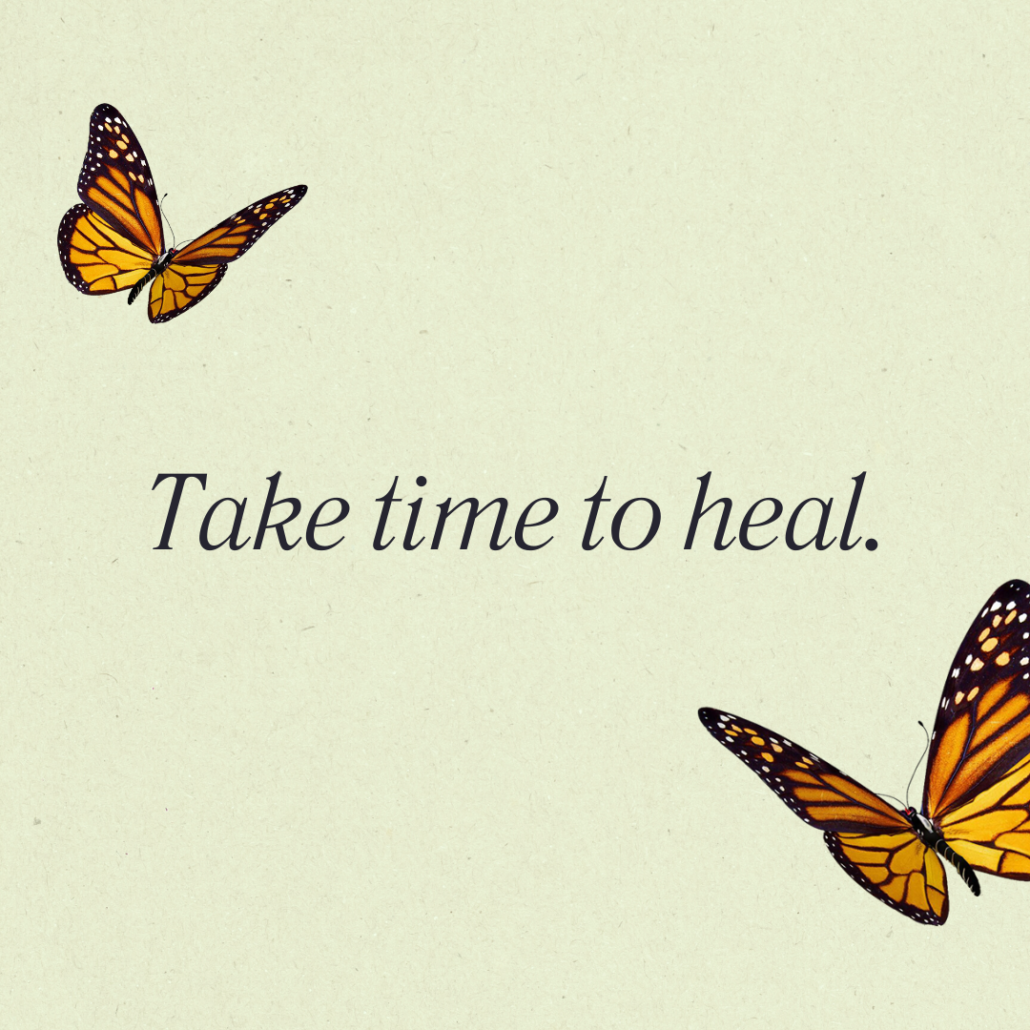EMOTIONAL ABUSE HEALING TO CONVERT YOUR PAIN TO GROWTH

Emotional abuse healing takes longer than most physical abuse injuries. Every survivor I worked with said that emotional abuse was more difficult to recover from. Research indicates that it has long-term effects on mental and physical health. Physical abuse adds to emotional injuries, such as loss of self-worth when your partner hurts you.
Emotional injury includes low self-esteem, depression, anxiety, and post-traumatic stress disorder. Coercive Relationships goes into detail about the many types of injury. It can be helpful to know them so that you do not wrongly assume they are personal flaws.
How do you heal?
#1 Emotional Abuse Healing Principle
You cannot fully heal if abuse is still happening. Do not consider it a flaw if you are not making progress while still in an abusive relationship. Consistent tension, criticism, devaluation, and threats accomplish the result they want: submission.
Abusive behavior sends danger signals to the brain, directing attention to survival behavior. This leads to trauma reactions like:
- fawn (trying to please),
- flight (leaving if possible, and ignoring or giving up),
- fight (verbal or physical), and
- freeze (dissociation, numbness.)
You may experience all of these at different times.
Four Bs of Emotional Healing
Do not despair. You can still begin the healing process if you’re in an abusive relationship. Reading information such as this article means you are facing and naming the problem, so you’ve already begun. This frees you to understand that abuse is your partner’s choice, a necessity to begin healing.
You can work on the following Four Bs of emotional healing to begin recovery.
Build a support network.
Isolation makes it easier for partners to lie and twist things. Consider those who encourage, support, and express themselves in constructive and non-controlling ways as golden. Your support “team” can be friends, family, therapists, and advocates. Supportive people nurture you like water does a plant.
The freedom to connect with people reclaims your ability to cope with stress and contributes to mental and physical health.
Become an observer of what your partner says about you.
Instead of believing what they say, observe it. Ask yourself whether your partner gains control when you believe what they say. Relationships should be mutual and fair.
Value your perceptions instead of assuming your partner must be right. Use the Coercive Control Checklist to name what they are doing. Naming is important for you, not them. Only label it with partners if you believe it’s safe to confront them.
You reclaim your perceptions when you become an observer of your partner’s behavior.
Break the habit of thinking you can prevent abuse.
Of course, you want to avoid abuse. Unfortunately, this often leads to believing you’re responsible for it. Abusive partners work to convince you that their behavior is justified. However, they have a choice about how to respond when they feel annoyed or frustrated. We are not perfect, but imperfections never, ever cause abuse.
You reclaim your ability to discern what you are and are not responsible for when you let go of thinking you can prevent abuse.
Begin to focus on what you feel, think, need, and want.
This takes practice. Coercive control affects your ability to know and trust what you think and feel.
Even when you trust yourself, you may become derailed from what you think by defending yourself whenever your partner is unhappy with you. Coercive partners wear their victims down.
Consider the rule: “I will verbally defend or state my opinion once.” If someone doesn’t accept your limits, refuse to go down this rabbit hole that saps your energy or leads to giving in.
When you think it’s safe, try stating something like: “We disagree about ____ so there is no point in continuing this conversation.”
In unsafe situations, affirm your view internally, without expressing it, and check it out with someone you trust.
Focus on your perceptions, wants, and feelings reclaims your energy to pursue what’s important to you.
Emotional Abuse Healing Time

Give yourself the gift of time to heal. Emotional healing has no single time frame. It requires paying attention to what you need, instead of another person’s timeline.
Grief is the achy stage of healing that releases you to get on with your life. Yes, it is tempting to avoid the pain. You may have others who tell you not to dwell in the past. They may even encourage you to date and find someone else.
If you rush the future, you skip healing. Trauma, including partner abuse, takes time to recover. Many people find their wounds still exist years later if they avoid facing their pain and learning from it. Healing is worth the investment of time and energy.
Resources that Encourage Emotional Abuse Healing
You cannot use resources if you don’t know they exist. Below we’ll explore four important resources: advocacy, information, connections, and therapy.
Advocacy
Advocates walk alongside you at your pace. They give information about abuse and resources, and do not tell you what to do. Domestic abuse agencies supply free assistance including support groups, legal advocacy, housing assistance, encouragement, and sometimes shelter. Advocates also often help find the following resources.
Information
Coercive people strive to keep empowering information from you. They know that the more knowledge you possess, the less control they have over you. You gain power when you learn the resources your community offers. Information about abuse dynamics protects you from feeling crazy or ashamed because of how abuse affects you.
Connections
Reconnect with people if you’ve become isolated from friends and family. If you dropped groups or friends because of embarrassment or your partner’s control, consider contacting them. You may fear judgment or rejection, only to find a relieved welcome back.
If you experience judgment, blame, or discouragement from anyone you confide in, look for opportunities to make new friends, such as neighborhood groups or faith communities. Survivor groups often provide a wonderful source. You may discover that neighbors and friends also experienced abuse. Though it’s unfortunate it is so common, speaking to other survivors gives you support and encouragement.
Therapy
Emotional abuse healing often benefits from therapy. Therapists help with emotional injuries and post-traumatic symptoms. Domestic abuse agencies provide information on those best qualified to assist abuse survivors.
Patience and Kindness
Emotional abuse healing takes time. Give yourself patience and kindness to heal. Take it at your pace.
If you have specific injuries that you want me to write about, please comment below.

